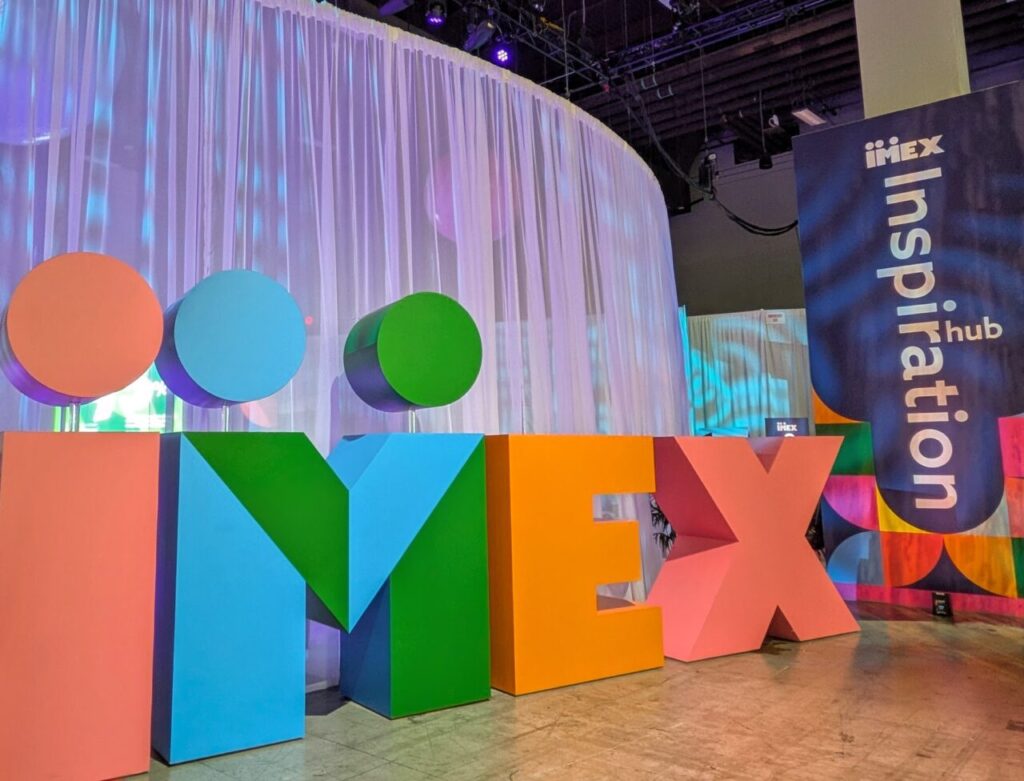Promotion marketers have some reassurance that their instincts have been right: Promotions can help build brands while building business.
That’s one conclusion of a major study conducted by Northwestern University for the Promotion Marketing Association, New York City, and several sponsors (including PROMO). The research was released at PMA Update in March.
A collection of five separate studies, Promotion, Brand Building, and Corporate Performance analyzes “how promotion influences corporate performance by attracting and serving a firm’s customers in economic and psychological ways.”
The research found that consumers like participating in promotions, whether they do it for discounts or for added value, and that promotion is an integral part of the shopping experience. While some consumers view promotions (such as frequent-shopper cards) negatively as a way to keep regular prices high, most enjoy shopping more when they can find bargains, other added benefits, or entertainment from promos.
One of the studies found that price-driven promos for high-equity indulgence brands “can actually destroy market share” if there’s a lower-priced competitor. But non-monetary promotions rate high with consumers for utilitarian and indulgent brands, and “create unique brand associations that can reinforce brand image.”
The study’s authors conducted two experiments to show that brand managers can predict a promotion’s effectiveness by correlating its benefits — either utilitarian (monetary) or “hedonic” (pleasurable) — to the brand’s image. Utilitarian products like light bulbs are best served by monetary offers; indulgence items like ice cream fare better with non-monetary offers.
“For high-equity brands, sales promotions are more effective when they provide benefits that are congruent with those provided by the product being promoted,” the study concludes. “There is a substantial correlation between what type of promotion (monetary or non-monetary) is utilized, the type of product (utilitarian or hedonic) being promoted, and the level of product equity.”
Consequently, an “everyday low price” strategy void of value-added promotions can turn off consumers: “If sales promotions provide consumers with an array of hedonic and utilitarian benefits beyond monetary savings, everyday low prices … risk alienating consumers who value the non-monetary benefits.”
Less-tangible benefits go beyond mere entertainment and contribute to a brand’s equity by making consumers feel good about themselves. Non-monetary promotions give shoppers information and variety. Price discounts have their own emotional benefit, too: Bargain hunters like getting a deal — and feel better about the brand. “Sales promotions can enhance consumers’ self-perception of being ‘smart’ or ‘good’ shoppers and provide an opportunity to reaffirm their personal values,” the study concludes.
Discounts also help some shoppers trade up to a brand that’s too expensive at its regular price. Shoppers who buy on coupon but don’t redeem may be merely seeking variety; small price reductions may trigger shoppers to choose the discounted brand more for convenience than for any real savings.
One survey asked consumers to choose between a high- and low-equity brand in six categories (laundry soap, batteries, flour, chocolate, mixed nuts, and bubble bath), then measured how combinations of coupon, free product, sweepstakes, and gift-with-purchase offers affected choice. Results showed that promos increased market share for high-equity brands, but not for low-equity brands. Monetary promotions were significantly more effective for the utilitarian soap, batteries, and flour than for the indulgent candy, nuts, and bubble bath. But sweeps and gifts (non-monetary promotions) were only slightly more effective for indulgent items than the staples.
For information on obtaining more survey results, visit www.pmalink.org.
Key Findings
- Promotion buying and brand loyalty are not mutually exclusive. Many promotion-responsive shoppers are highly brand-loyal.
- Consumers of all incomes — including the most profitable customers — participate in promotions as an integral part of the shopping experience.
- Promotion participation is positively related to satisfaction with retail stores.
- Promotions provide measurable hedonic (pleasurable) as well as utilitarian (monetary) benefits to consumers. Promotions are more effective when they offer benefits that match a product’s benefits.
- Coupon promotions have distinct, measurable contributions to profit that can be directly tied to specific characteristics.
- Service promotions can attract new consumers who subsequently become regular customers paying full price.
Source: Promotion, Brand Building, and Corporate Performance
 Network
Network

